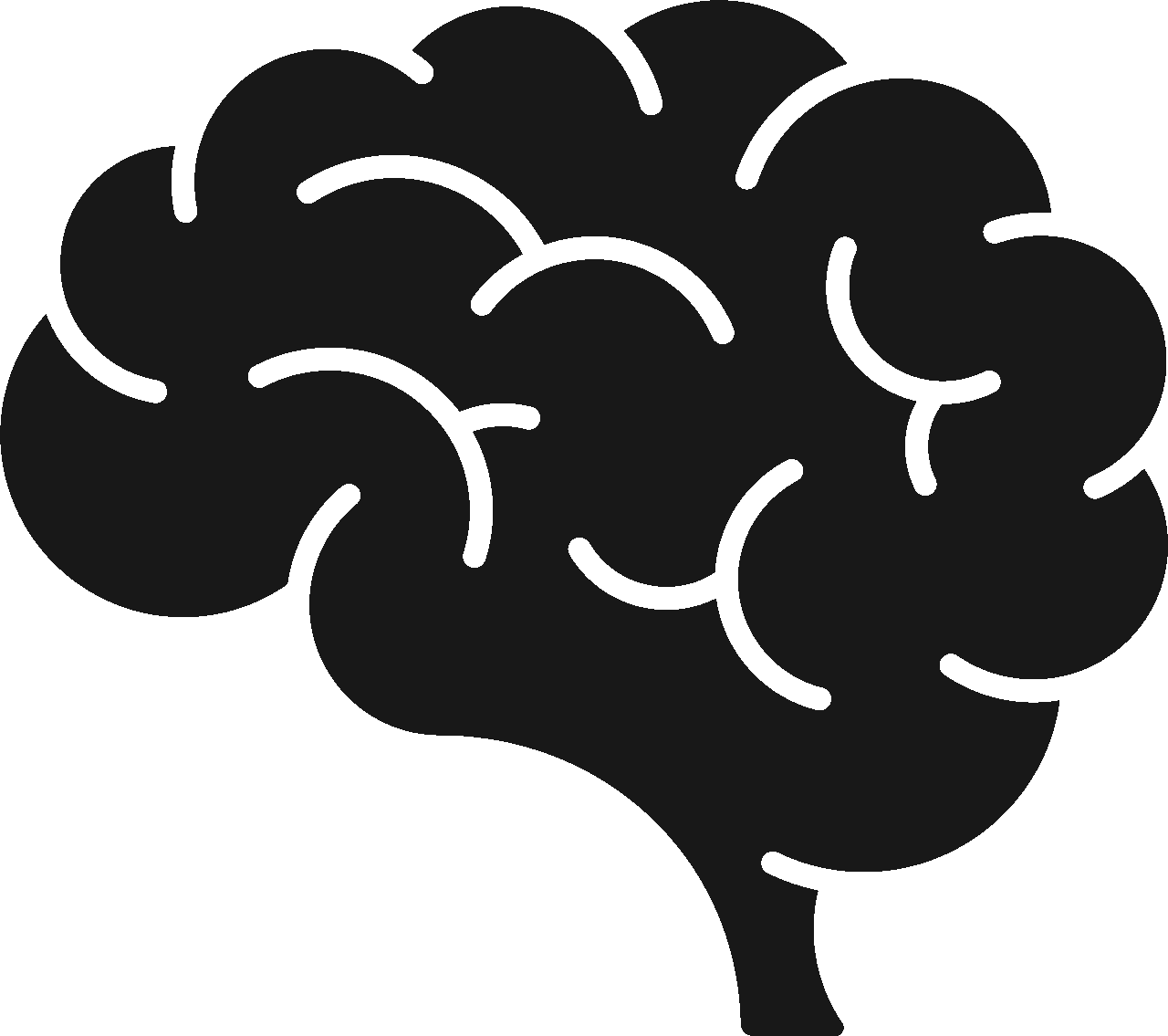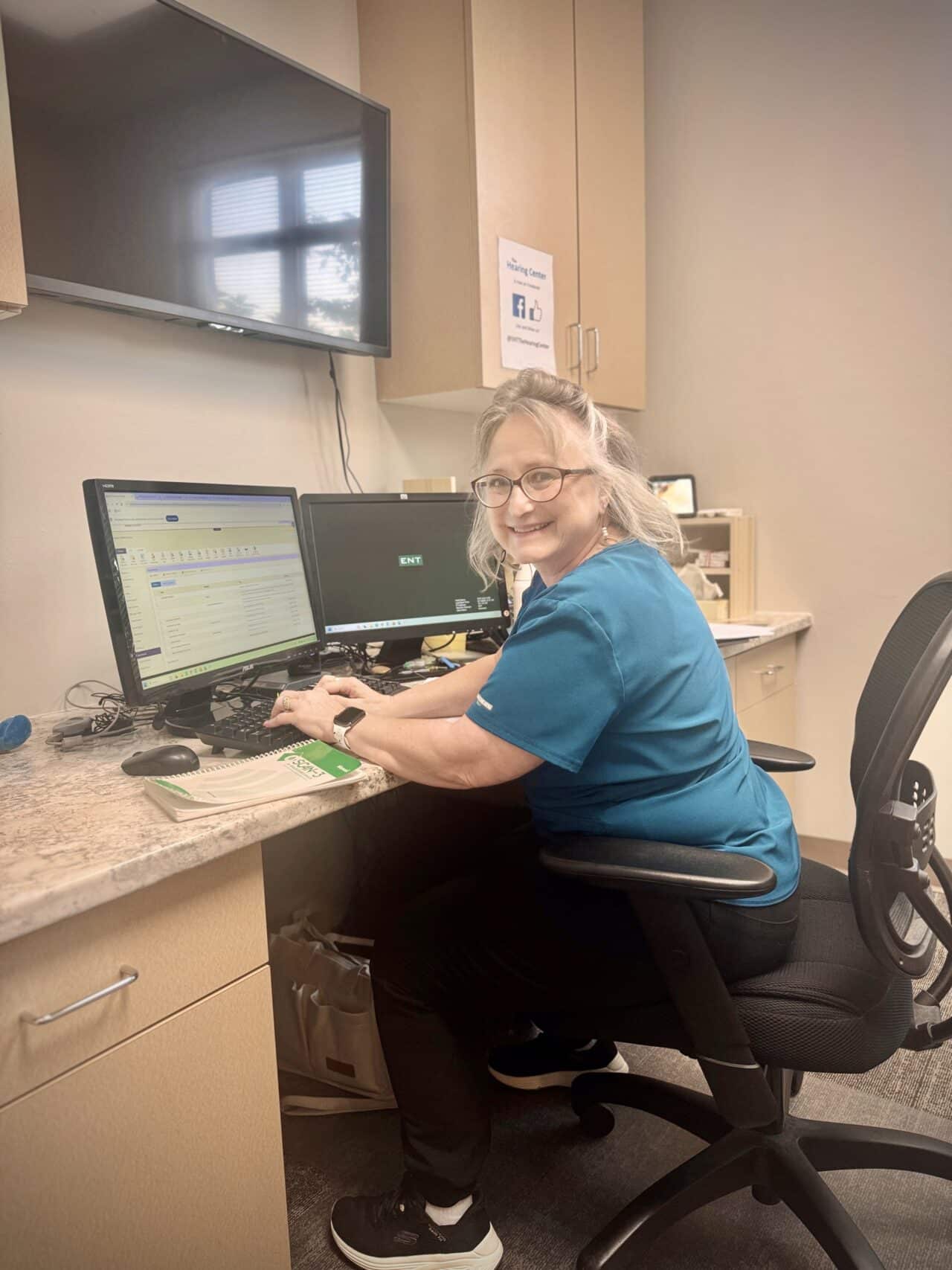What Is Auditory Processing Disorder (APD)?
Auditory Processing Disorder (APD), also known as Central Auditory Processing Disorder (CAPD), is a condition where the brain has difficulty processing sounds. This isn’t a problem with hearing itself, but rather with how the brain interprets and understands auditory information. Imagine a child or adult struggling to follow conversations in noisy environments, frequently misunderstanding instructions, or having trouble distinguishing between similar-sounding words.
APD vs. Hearing Loss: What’s the Difference?
It’s crucial to differentiate APD from hearing loss. Hearing loss involves a reduction in the ability to hear sounds at various frequencies and volumes. APD, on the other hand, involves normal hearing sensitivity but a difficulty in processing the information received. A person with hearing loss may not hear sounds clearly, while a person with APD may hear the sounds but struggle to understand them.
Common Struggles with APD
Individuals with APD often experience difficulties in the following areas:
- Understanding speech in noisy environments
- Following multi-step instructions
- Distinguishing between similar-sounding words (e.g., ‘coat’ and ‘boat’)
- Remembering spoken information
- Learning to read and spell
- Paying attention and staying focused
- Organizing thoughts and ideas
What Causes APD?
The exact cause of APD is not always known, but several factors can contribute to its development.

Risk factors may include:
- Genetic predisposition
- Premature birth or low birth weight
- Head trauma or neurological disorders
- Recurrent ear infections (otitis media), especially during childhood
How Is APD Diagnosed?
A comprehensive audiological evaluation is necessary to diagnose APD. This evaluation typically includes a series of specialized tests designed to assess various aspects of auditory processing, such as:
- Auditory discrimination: Distinguishing between similar sounds
- Auditory closure: Filling in missing parts of a sound or word
- Auditory memory: Remembering spoken information
- Temporal processing: Understanding the timing and sequencing of sounds

At The Hearing Center, Dr. Tina Sheehan, AuD, CCC-A, specializes in the diagnosis and management of APD. With extensive experience and advanced training in auditory processing assessment, Dr. Sheehan provides comprehensive evaluations to identify specific auditory processing deficits. She is uniquely qualified to serve the APD needs of Northeast Indiana residents, being the only dedicated APD expert within a 250-mile radius.
Treatment Options
While there’s no cure for APD, various treatment strategies can help individuals improve their auditory processing skills and manage the challenges associated with the condition.
Common treatment approaches include:
- Auditory training: Targeted exercises to improve specific auditory processing skills
- Compensatory strategies: Techniques to help individuals cope with auditory processing difficulties (e.g., using visual aids, requesting repetition)
- Environmental modifications: Adjusting the listening environment to reduce noise and distractions
- Speech therapy: Addressing any related speech and language difficulties
Why Early Diagnosis Matters – Especially in Northeast Indiana
Early identification and intervention are crucial for children with APD. Undiagnosed and untreated APD can lead to academic difficulties, social challenges, and decreased self-esteem. For adults, APD can impact career success and overall quality of life. The Hearing Center is committed to providing timely and effective APD services to the residents of Fort Wayne and the surrounding Northeast Indiana communities. We are the only center within a large radius that specializes in APD.
Meet Dr. Tina Sheehan
Dr. Tina Sheehan, AuD, CCC-A, is a highly experienced audiologist specializing in the diagnosis and treatment of Auditory Processing Disorder (APD). She earned her bachelor’s and master’s degrees from Purdue University and her Doctor of Audiology from Salus University. Dr. Sheehan holds a Certificate of Clinical Competence in Audiology from the American Speech-Language-Hearing Association (ASHA). Dr. Sheehan is passionate about helping individuals with APD overcome their challenges and reach their full potential. She is the leading APD expert in Northeast Indiana.
Schedule Your APD Evaluation in Fort Wayne
Don’t let Auditory Processing Disorder hold you or your child back. Contact The Hearing Center today to schedule a comprehensive APD evaluation with Dr. Tina Sheehan.

The Hearing Center
260-426-8117
www.entfortwayne.com
Frequently Asked Questions (FAQ)
Q: At what age can APD be diagnosed?
A: APD testing is typically performed on children aged 7 years and older.
Q: How long does an APD evaluation take?
A: A comprehensive APD evaluation usually takes between 2-3 hours.
Q: Is APD covered by insurance?
A: Many insurance plans cover APD testing and treatment. We recommend contacting your insurance provider to verify your specific coverage.
Q: Can APD be cured?
A: While there is no cure for APD, various treatment strategies can significantly improve auditory processing skills.
In summary, Auditory Processing Disorder (APD) presents unique challenges in how the brain interprets sounds, distinct from hearing loss. Early diagnosis and targeted treatment, offered expertly at The Hearing Center in Fort Wayne, are crucial for improving the lives of those affected in Northeast Indiana.